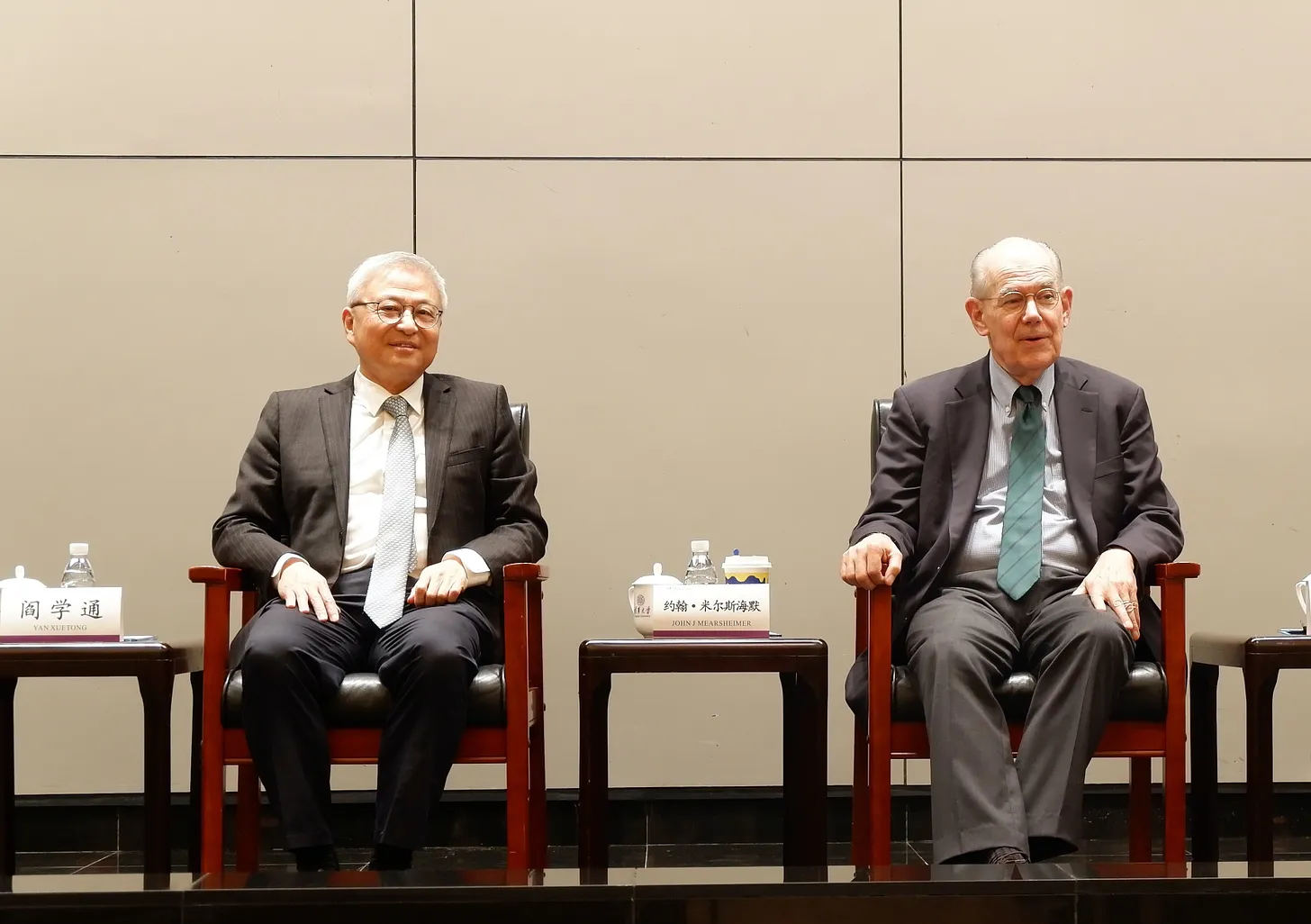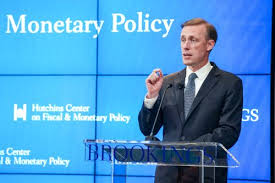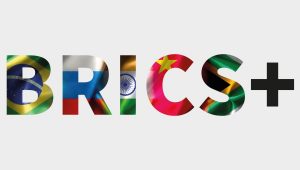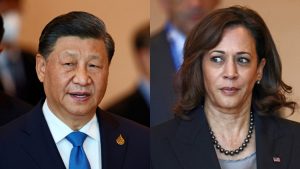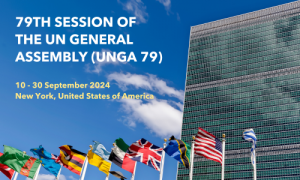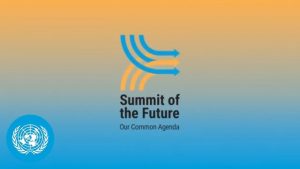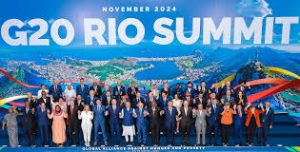
So there is a lot of spinning now that it is clear – he’s coming back. And as we look out on the global order the current international system appears chaotic enough, even before Donald Trump returns to the White House. As described by Flavia Krause Jackson in Bloomberg:
North Koreans are fighting in Europe for the first time. Israel is resisting US efforts to halt fighting with Hezbollah and Hamas. China regularly conducts military exercises surrounding Taiwan. Nuclear war is suddenly a risk amid surging tensions over Russia’s invasion of Ukraine.
And that’s even before Donald Trump returns to the White House.
What are possibly answers to this growing chaos? One very clear note appears to be Middle Powers and their capacity to gain influence and importantly perhaps maintain greater openness notwithstanding a world dominated by Trump 2.0. And these tensions are already apparent as Flavia summarizes the just recently concluded Brazil G20 Summit:
This was the week Lula was supposed to cement his status as the preeminent leader of the developing world. Instead, the chaotic summit he hosted in Rio highlighted his inability to bridge growing divisions between global superpowers. In a surprise anti-climax, Lula even canceled his end-of-summit press conference two hours after it had been scheduled to start.
Still, the first big unknown is how chaotic the new Trump administration can wind up the international system and are there possibilities to ease some of this Trump chaos? How, and who, possibly will seek to temper the chaos and propel forward both global political and economic relationships. Here, Shiro Arnstrong in an EAF piece titled, “Trump-proofing economic security in Asia” sets the stage:
The United States has gone from enforcer to spoiler of the rules-based economic order as it deals with domestic challenges and threatens a return to its pre-World War 2 isolationism. The rest of the world has to avoid the United States dragging the global economy down with it.
In the presumed Trump withdrawal from alliances and partnerships, his determination to close the open trading world with Trump’s loud noises over America First, and its many tariffs, there is a noticeable attention shift to the potential role of Middle Powers in retaining and augmenting, possibly, the global economy for one.
Now, there are all sorts of questions surrounding this attention to Middle Powers and their influence in advancing the global order. Needless to say it starts with who are the Middle Powers. And, not surprisingly, there is no agreement on who the likely actors are under that apparently highly fungible label. So we know there is the ‘traditional’ Middle Power label that describes at least Canada and Australia. Then there are the new ‘Big Boys’ today – Brazil, India, Indonesia, Malaysia, and at least for some South Africa and even Nigeria. And then there are the relatively close US partners, or other possible regional powers, so, Turkey, Mexico, Japan and South Korea. What can I say, it is a recipe with the main ingredient up to the expert or analyst.
And then there is the logic and possible action of Middle Power policy. Now this is a tough category often rather muted in current analyses. But Shiro gives us some direction here. He targets Trumpworld:
There will be pressure all over the world to ‘protect’ domestic production from a flood of Chinese and other goods shut out of the US and looking for new markets.
There will of course be pressure to cut losses by dealing with Trump 2.0:
The incremental choices of countries to do deals with Trump’s United States — managed trade deals and voluntary export restraints — may be diplomatically expedient but will weaken the rules that underpin global trade and are against their core long term interests. That would reinforce the trajectory of the global economy heading towards an economic nosedive of the kind it suffered in the 1930s.
The Middle Power alternative:
It will be up to the middle powers like Australia and Japan — that cannot change the status quo unilaterally but are large enough to mobilise coalitions of countries for change — to keep the global economy open and save the furniture of the multilateral trading system.
Middle powers must convince China and the European Union that their best course of action is to avoid large-scale retaliation and go in the other direction, opening up their economies further. That will make them better off and make the global economy larger, even with restricted access to the US market. …
The economic coercion that China deployed against Australia in 2020 and Japan earlier was blunted by the multilateral trading system which, despite its weaknesses, allowed Australian exporters, for example, to find alternative markets and provide an exit ramp from the problem, with the last of Chinese trade restrictions lifted in October 2024. The open global trading system crucially ensures that there are alternative buyers and sellers.
As Shiro concludes, enlarging if possible but at least maintaining the open trade world – with as wide a set of actors as possible, is slightly counterintuitively called for and the answer presumably to Trump tariffs:
The multilateral trading system is the biggest source of economic security for open trading nations. That includes Southeast Asia, which is more exposed than other countries with its high trade shares that are its source of prosperity and security.
Utilising platforms in ASEAN-centred institutions and connecting them to other efforts in Europe to promote collective action is where the strategic focus needs to be now, on trade, climate action and other global public goods, otherwise we risk a much smaller, poorer and less secure world.
Interestingly, and as noted earlier, there is a growing interest in Middle Power action in the face of the about to reappear Trumpworld. Another proponent for Middle Power action is Dani Rodrik. Rodrick, a deep thinker when it comes to the global system, has written recently on the role of Middle Powers in the evolving global order. Rodrik is the Ford Foundation Professor of International Political Economy at Harvard’s John F. Kennedy School of Government. He is co-director of the Reimagining the Economy Program at the Kennedy School and of the Economics for Inclusive Prosperity network. In a recent piece in Project Syndicate (PS), Rodrik suggests that while Middle Powers are unlikely to become a bloc but rather quite possibly able to possibly shape a variety of paths prompting a far more multipolar environment:
While some American national-security elites seek continued US primacy, others seem resigned to an increasingly bipolar world. A more likely outcome, however, is a multipolar world where middle powers exert considerable countervailing force, thus preventing the US and China from imposing their interests on others.
The middle powers are unlikely to become a formidable bloc of their own, mainly because their interests are too diverse to fit into a common economic or security agenda. Even when they have joined formal groupings, their collective impact has been limited.
Perhaps the most important contribution middle powers can make is to demonstrate, by their example, the feasibility of both multipolarity and diverse development paths in the global order. They offer a vision for the world economy that does not depend on either America’s or China’s power and goodwill. But if middle powers are to be worthy role models for others, they must become responsible actors – both in their dealings with smaller countries and in promoting greater political accountability at home.
A world that does not depend on the leading powers that is the vision from Rodrik. For this, and other perspectives, the China-West Dialogue (CWD) has directed recent energies this fall to sessions on Middle Powers and Middle Power Diplomacy (MPD). With great thanks to our Lead Co-Chair, Colin Bradford CWD constructed a series of sessions on a number of key Middle Powers. We began this Middle Power Diplomacy series with a Zoom session on Japan with lead organizer, Mike Mochizuki of George Washington University. From there we turned our attention to Latin America in a Zoom session led by our good colleague Jorge Heine from Boston University and a number of colleagues who published a recent volume: “Latin American Foreign Policies in the New World Order: The Active Non-Alignment Option”. From there we shifted to a session on South Korea prepared by the lead organizer, Yul Sohn from Yonsei University. And most recently we turned our attention to Turkey with colleague Guven Sak as the lead organizer. Guven is from The Economic Policy Research Foundation of Turkey (TEPAV). Still, to explore are sessions on Australia and New Zealand with lead organizer Shiro Armstrong from ANU and EastAsiaForum (EAF) and Indonesia and ASEAN with lead organizer Monica Wihardja from ISEAS in Singapore.
There is much learning at hand and hopefully we will be able to draw out the means for Middle Powers to resist the more destructive Trump 2.0 efforts. We will return to these conclusions in the future.
This first appeared as a Substack Post at Alan’s Newsletter. Comments and subscriptions are welcome.
https://globalsummitryproject.substack.com/publish/posts/detail/152039338/share-center

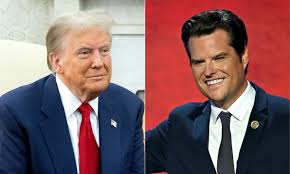
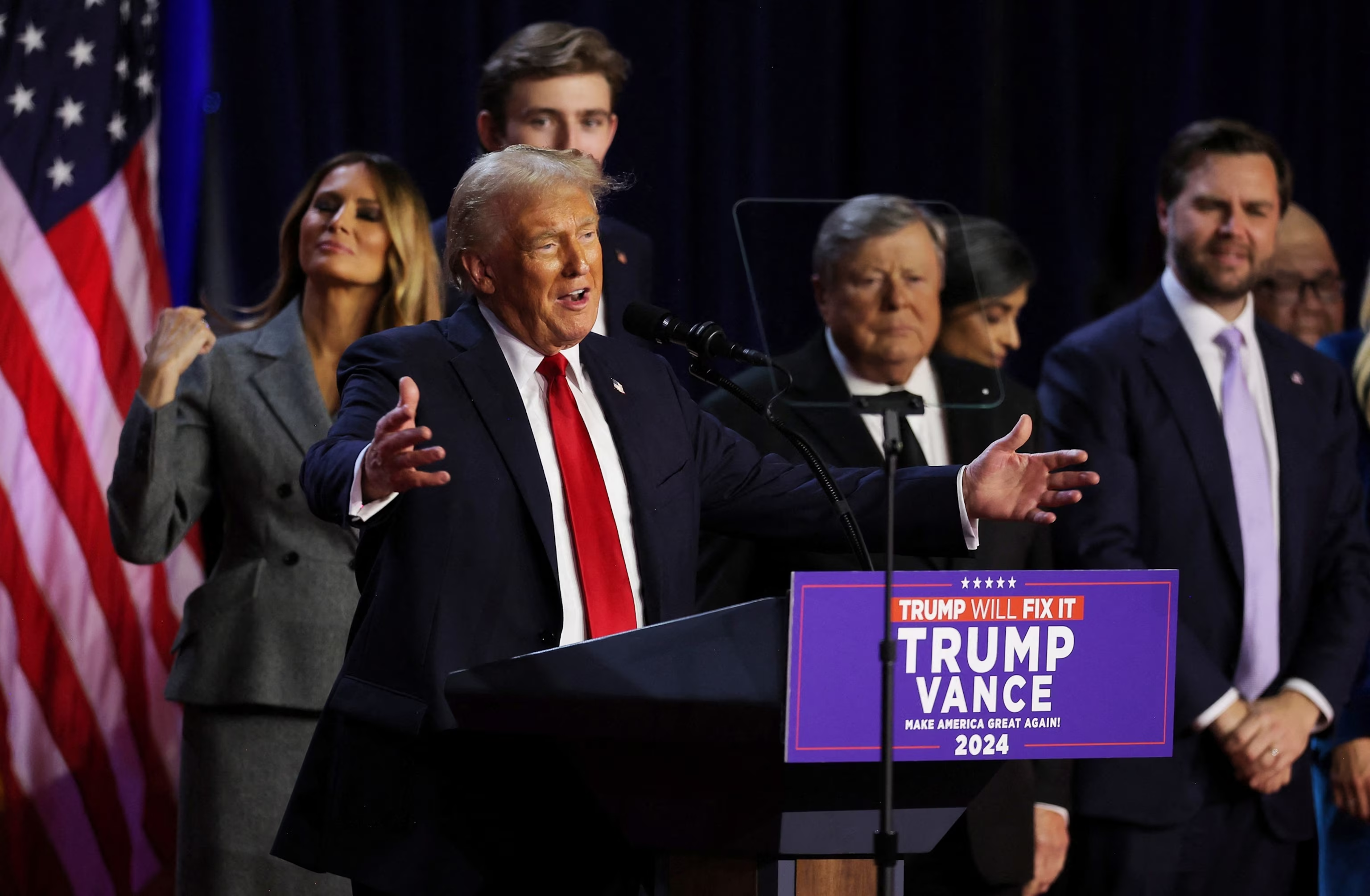 Now we are out a bit early. But that’s not surprising because of the US national elections on Tuesday night. So a few thoughts on that and then a redirection to the, “what do we do about the global order in the light of Trump’s return, including many of his former advisers, to the White House”
Now we are out a bit early. But that’s not surprising because of the US national elections on Tuesday night. So a few thoughts on that and then a redirection to the, “what do we do about the global order in the light of Trump’s return, including many of his former advisers, to the White House”